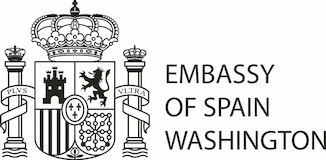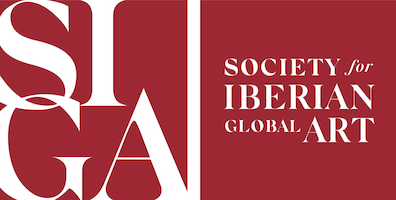Triennial Conference
SIGA/Seguir: Moving Forward in the Study of Iberian Global Art
- On September 20–21, 2024.
- In Washington, D.C.
In partnership with Dumbarton Oaks Research Library and Collection (Harvard University) and the Embassy of Spain in the United States, the Society for Iberian Global Art (SIGA) will celebrate the fiftieth anniversary of the establishment of the American Society for Hispanic Art Historical Studies, SIGA’s predecessor, with a two-day conference interrogating scholarship and teaching on global Iberian art.
Organized around the themes of geography, translation, circulation and identities, and highlighting research spanning antiquity to the present day, the event will feature a roundtable debating current issues facing the field of global Iberian art (Friday, September 20) and four sessions (Saturday, September 21) with papers presenting new research and exploring future directions in the field.
Call for papers
Deadline: extended to April 1, 2024.
Co-organizers
Sponsors
Generously sponsored by The Embassy of Spain in Washington, DC, The Observatory of the Spanish language and Hispanic cultures in the United States and The David Rockefeller Center for Latin American Studies at Harvard University.





